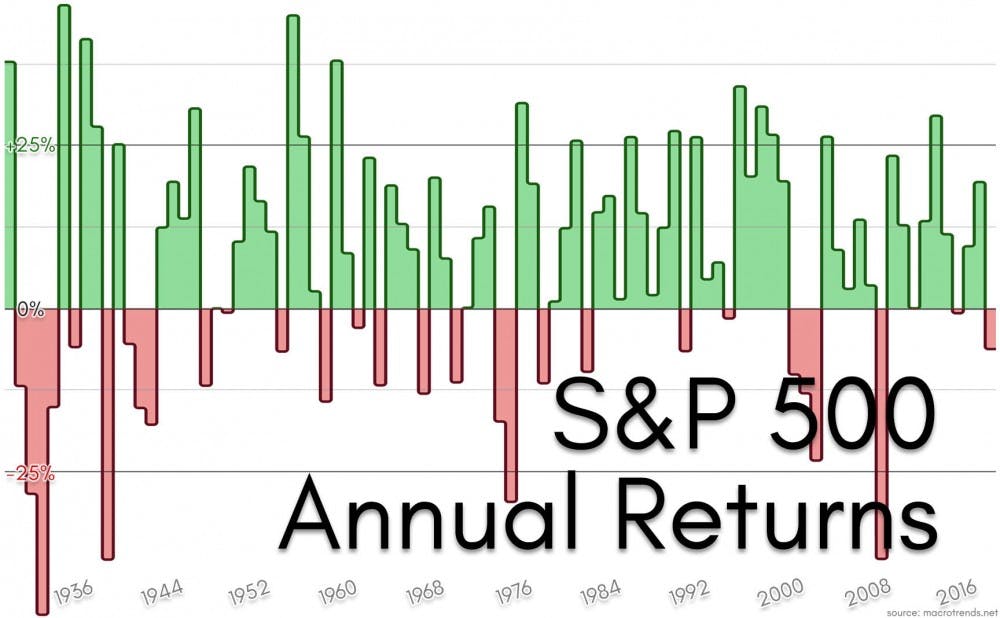Nearly half of American chief financial officers are predicting a recession by the end of 2019, according to a recent Duke survey of more than 500 CFOs.
The Duke/CFO Global Business Outlook survey found that even more U.S. CFOs—82 percent—thought that a recession would occur by the end of 2020. The survey also asked foreign CFOs to predict whether a 2019 recession would occur in their country—97 percent of CFOs from Africa, 67 percent from Europe, 54 percent from Asia and 42 percent from Latin America predicted a recession.
“The U.S. outlook has declined, and moreover the outlook is even worse in many other parts of the world, which will lead to softer demand for U.S. goods,” said John Graham, survey director and D. Richard Mead Jr. family professor of business administration at the Fuqua School of Business, in a news release.
Signs of a recession are also emerging on Wall Street, according to a CNN Business article. The S&P 500, an American stock market index, fell 6.2 percent in 2018, posting its worst performance in a decade.
Multiple factors could contribute to the anticipated U.S. recession, which Graham explained to be a natural part of the economic cycle.
“We’re in the longest growth streak that the U.S. economy has had in a very long time. It’s natural to have slowdowns or corrections,” he said. “The economy can’t grow forever.”
The U.S. economy depends on the growth of its trading partners, which are also experiencing economic slowdown, Graham explained.
He suggested that the Federal Reserve Bank take a pause in increasing interest rates, which are associated with slowed economic growth. The government can also soften the economic fall by investing in new infrastructure, which would inject jobs and money into the economy.
Improving the economy requires creating an improved political climate and resisting government shutdowns, Graham said. A shutdown temporarily withholds income from some government employees—who may become reluctant to spend—and causes economic uncertainty that makes businesses hesitant to invest.
“A more efficiently functioning government would be a big help, but maybe that’s wishful thinking,” Graham said.
Businesses can also take action to improve the economic climate by continuing to hire and invest, paying suppliers sooner and allowing customers more time to pay, thereby increasing liquid capital within the economy.
However, Graham emphasized that companies are unlikely to take such action.
“As a private sector, the thinking is ‘I’m going to see how the world is acting and I’m going to react to that.’ They are less interested in seeing ‘what I can do to help my competitors and everybody else be better off,’” Graham explained.
Graham also offered advice to Duke students and American consumers, who may prepare for the impending recession and job insecurity by saving more and spending less. Students may consider continuing their education rather than entering the job market during the recession.
“When I graduated college a very long time ago, the United States was in deep recession, and it was really hard to get a job,” Graham said. “So you may want to stay in school if you are able to afford it, then you would have that credential that would make you more hirable down the road.”
In fact, the Fuqua School of Business created the Master of Management Studies program in response to the last recession.
“Duke students were having a hard time getting a job, so we started kind of a fifth-year college program where students can get business background and have a better chance of getting a job when they are out on the other end,” Graham said.
Get The Chronicle straight to your inbox
Sign up for our weekly newsletter. Cancel at any time.

